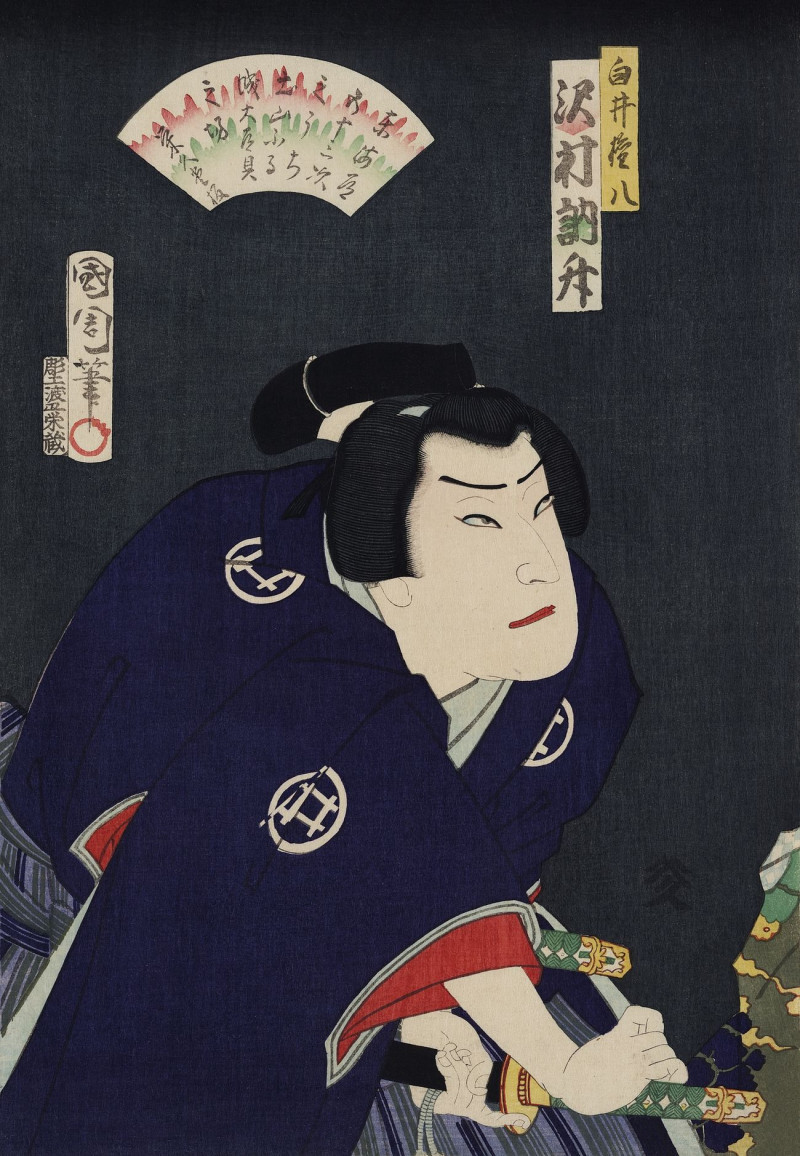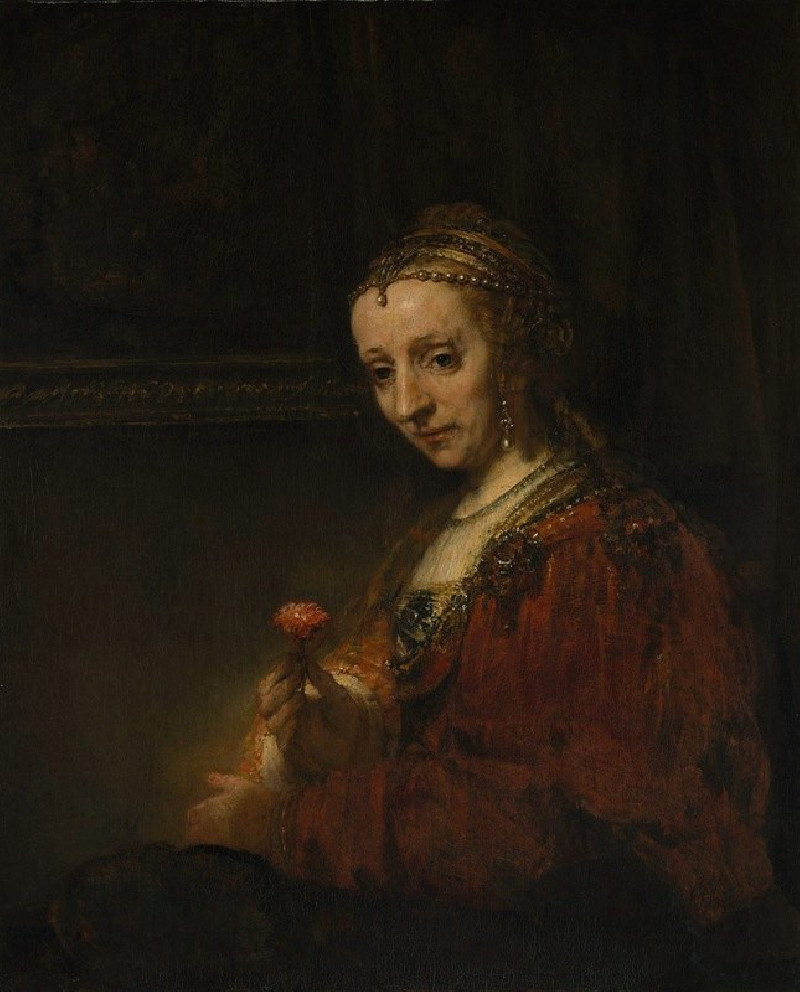A View of Waidhofen an der Ybbs (The House of Scythe Manufacturer Baron Winkler) (1849)
Technique: Giclée quality print
Recommended by our customers
More about this artwork
The featured painting, "A View of Waidhofen an der Ybbs (The House of Scythe Manufacturer Baron Winkler)" by Ludwig Halauska, painted in 1849, offers a charming glimpse into the pastoral life of 19th-century Austria. This detailed landscape portrays the serene town of Waidhofen an der Ybbs, nestled amidst lush, verdant hillsides dotted with dense patches of forest. The composition leads the eye through a peaceful rural setting characterized by a blend of architectural styles.In the foreground, traditional rural homes with sloped roofing suggest a harmonious lifestyle deeply connected with nature. The small figures of people in period attire, seen walking along the winding paths and across quaint bridges over a gentle stream, add a dynamic element to the otherwise tranquil setting. The eye is drawn towards the center where larger, more robust buildings stand—presumably, the scythe manufacturing facility owned by Baron Winkler. These central structures serve as a focal point, indicating the industrial activity that supports the village.The background stretches into rolling hills, with a hint of a grander mountainous landscape under a soft, clear sky, suggesting the expansive beauty of the Austrian countryside. This painting not only captures the bucolic aesthetics but also subtly hints at the interplay between agricultural and industrial life during the period.Ludwig Halauska’s meticulous attention to detail and his ability to evoke both beauty and a sense of quiet industriousness make this piece a valuable window into the past.
Delivery
Returns
Ludwig Halauska was an Austrian painter.
Ludwig Halauska attended the Stiftsgymnasium in Seitenstetten and then studied at the Academy of Fine Arts Vienna with Thomas Ender and Franz Steinfeld. He mainly painted landscapes from Lower Austria, the Austrian Alpine regions and the Salzkammergut. Ludwig Halauska died in Vienna in 1882.

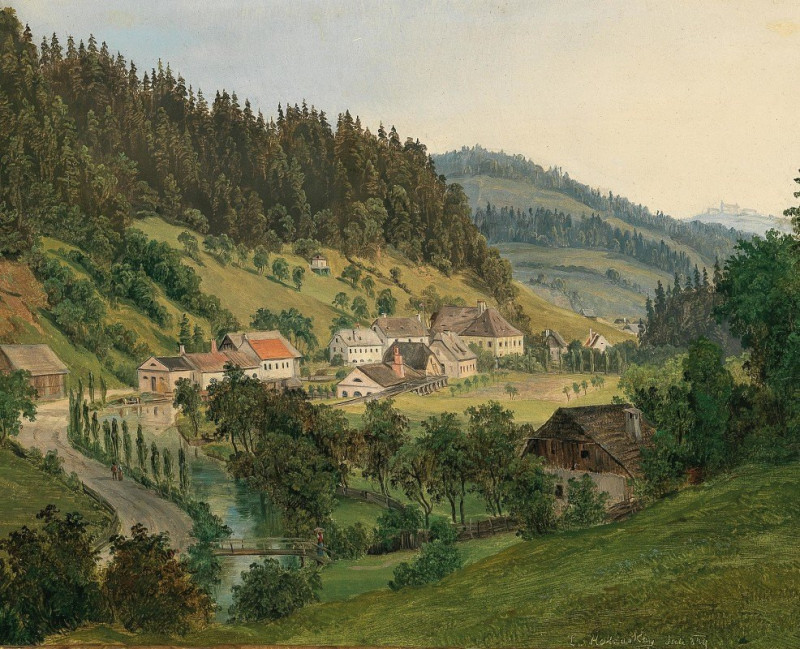
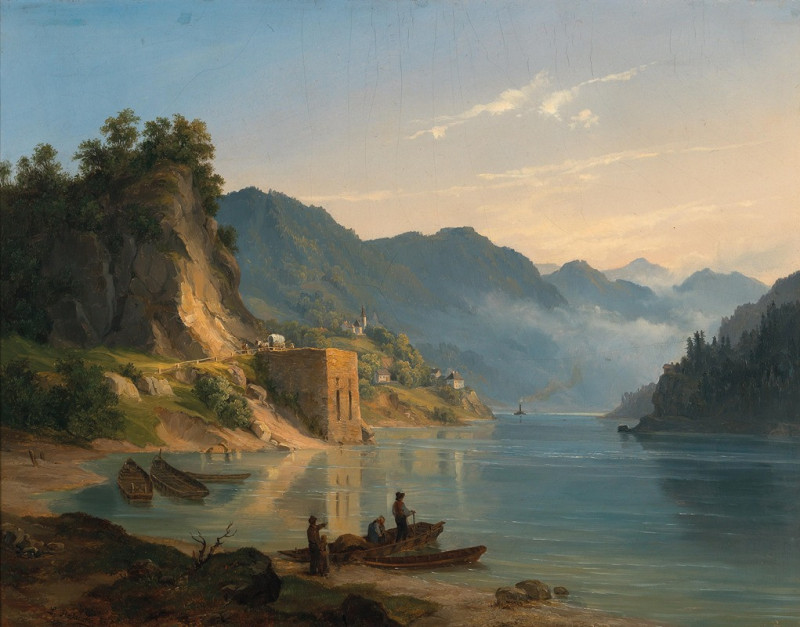
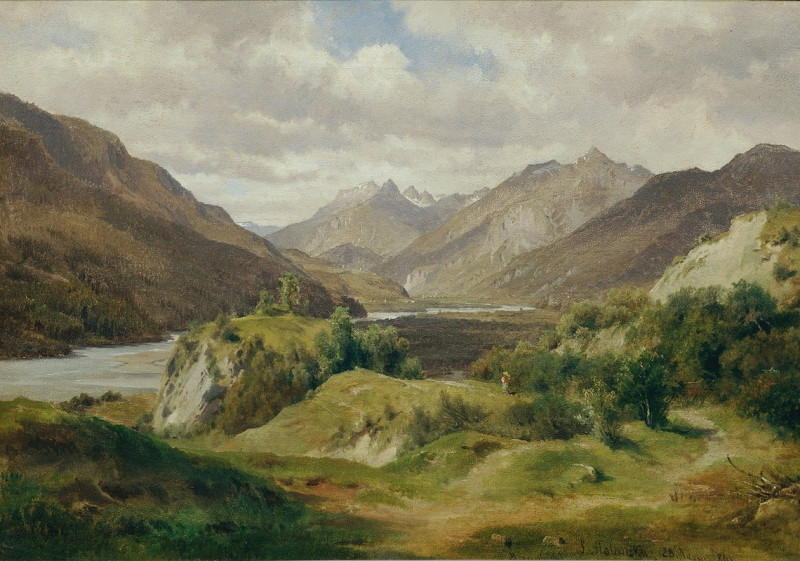
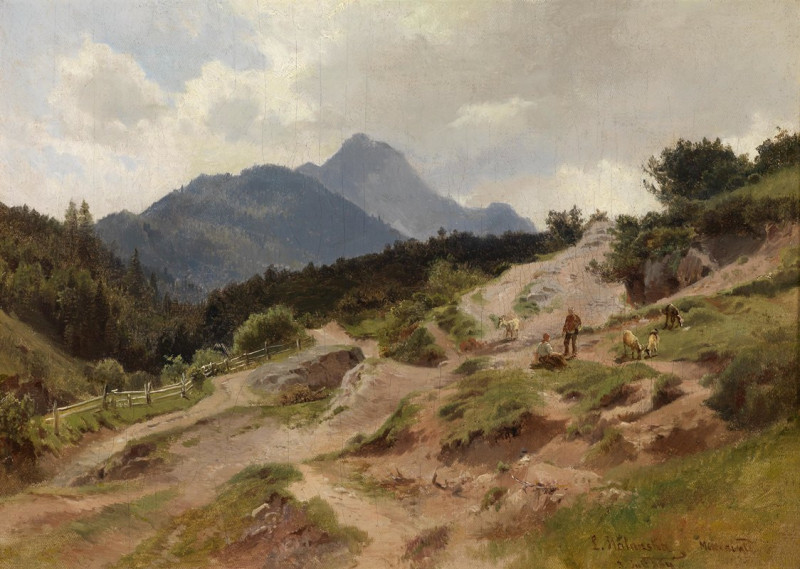
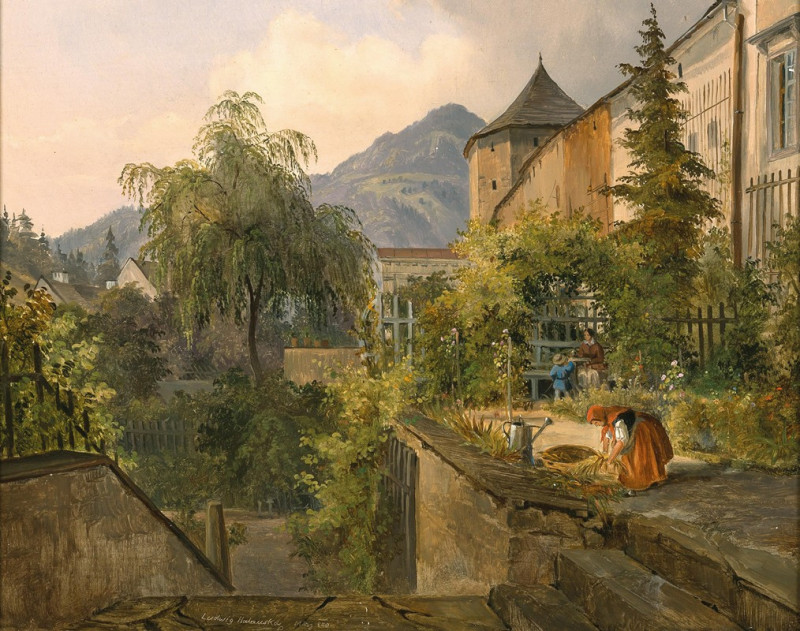
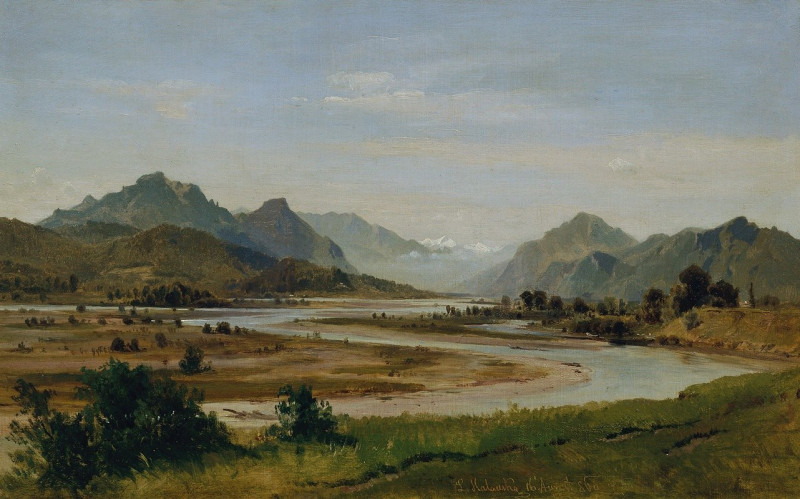
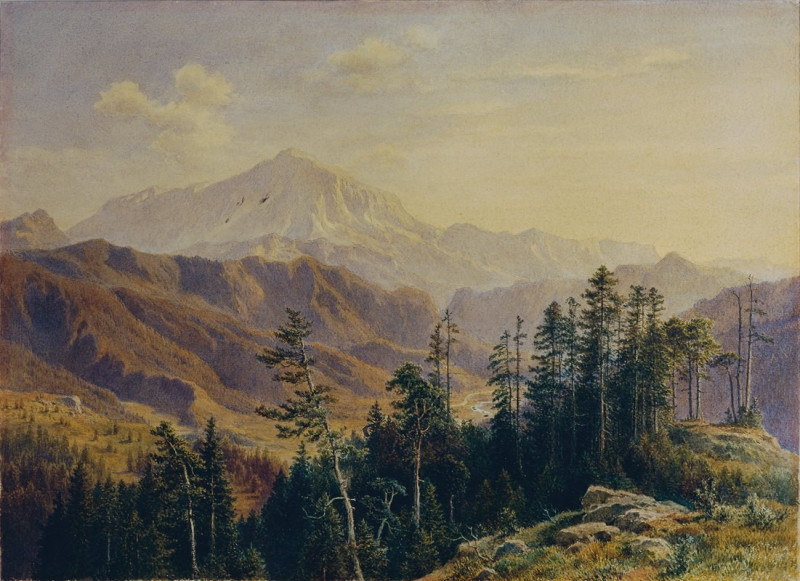
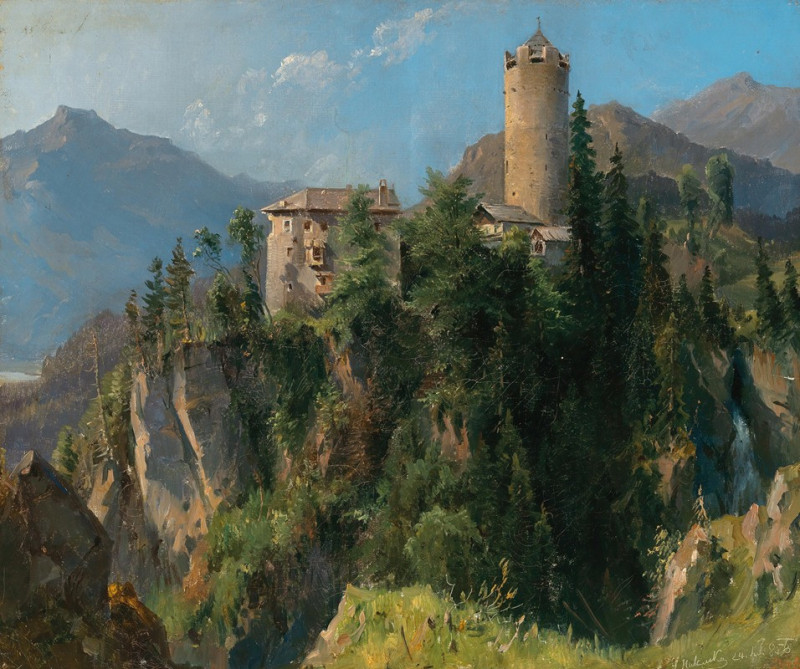
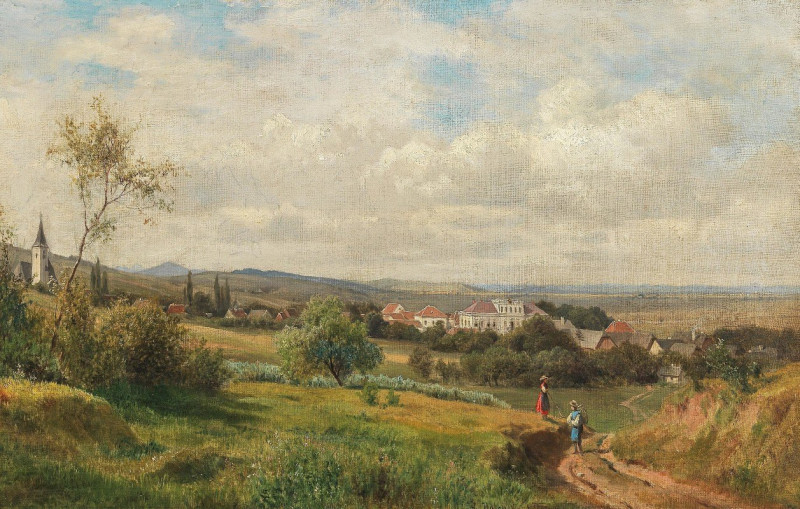

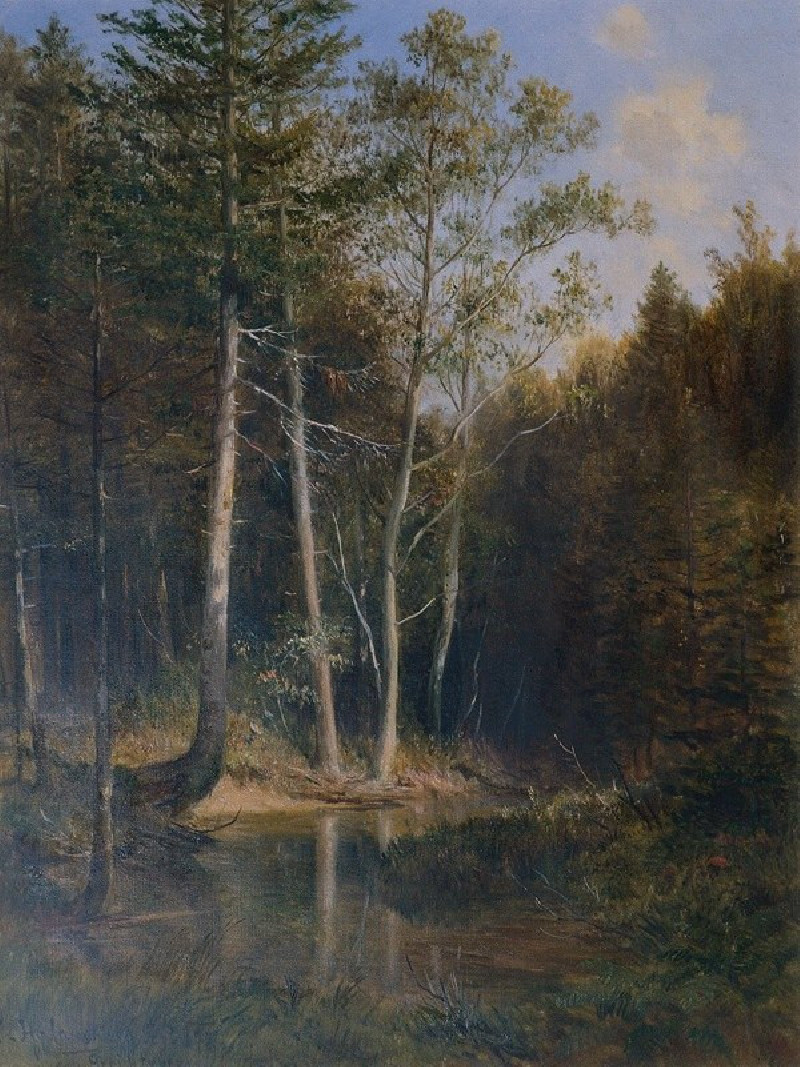
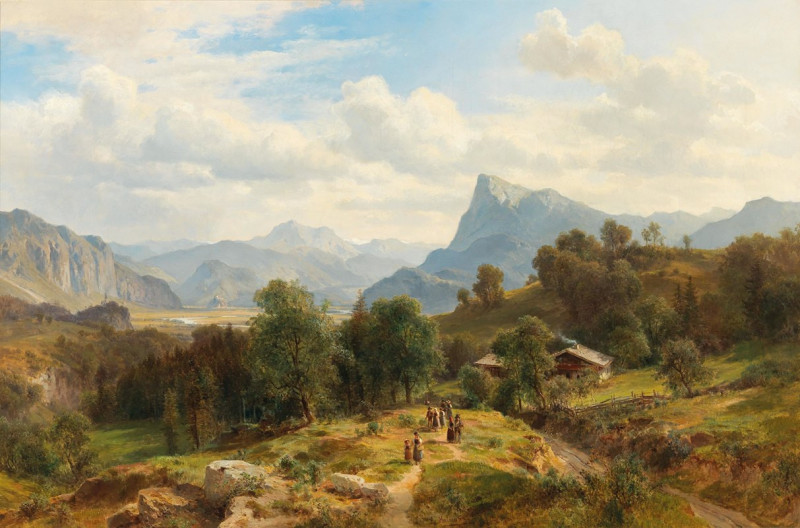
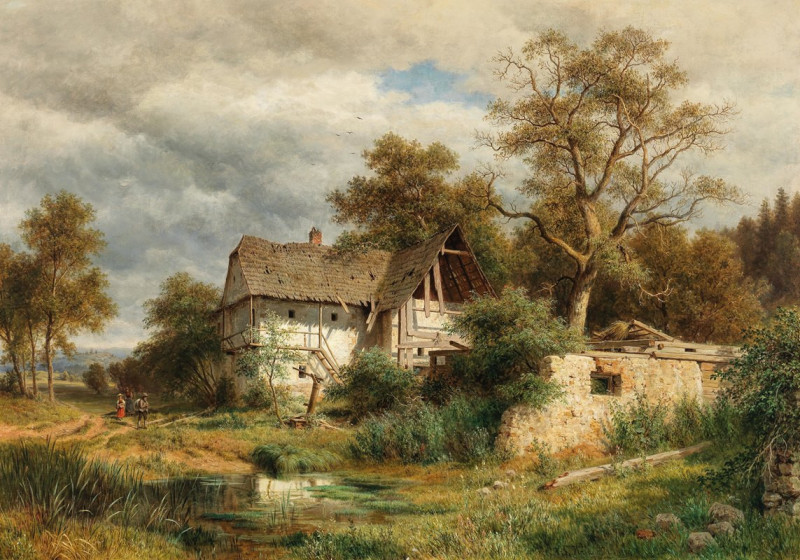
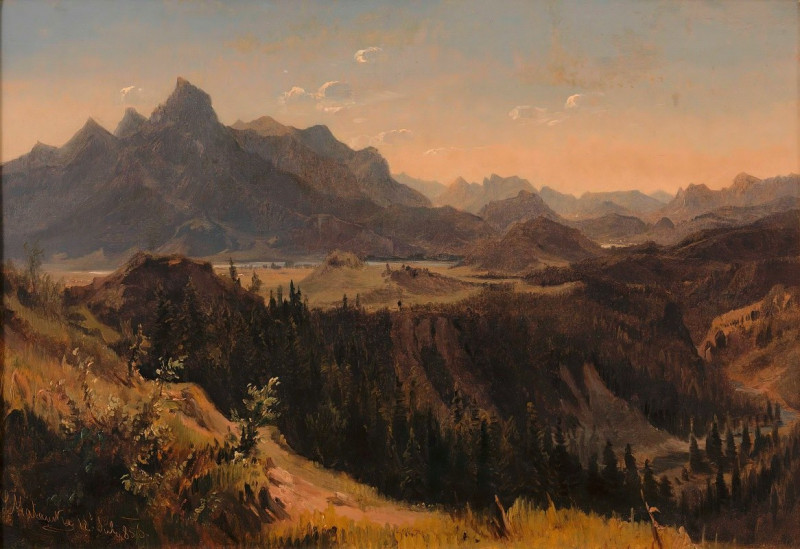
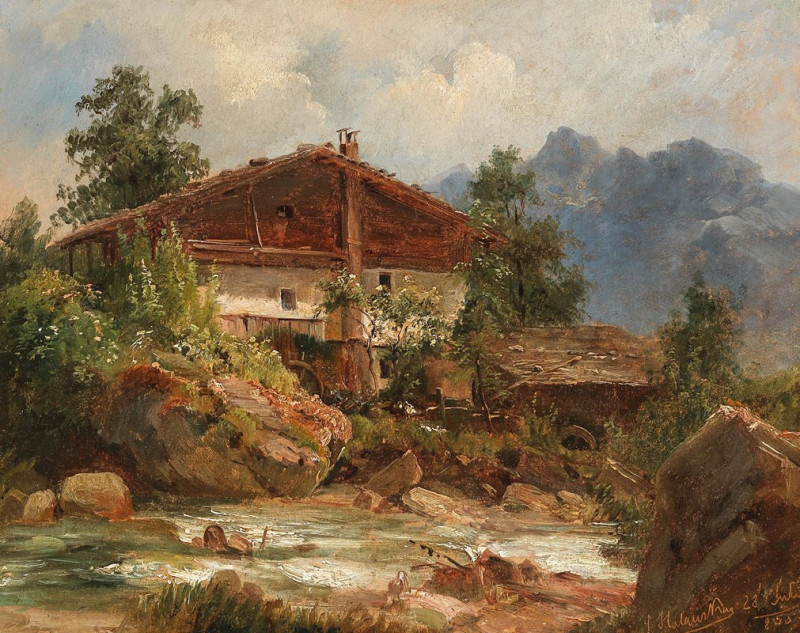
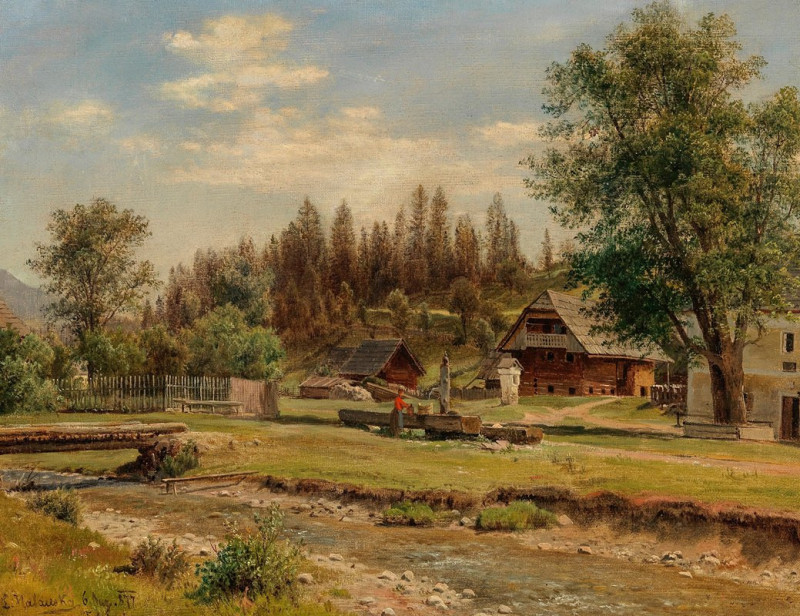
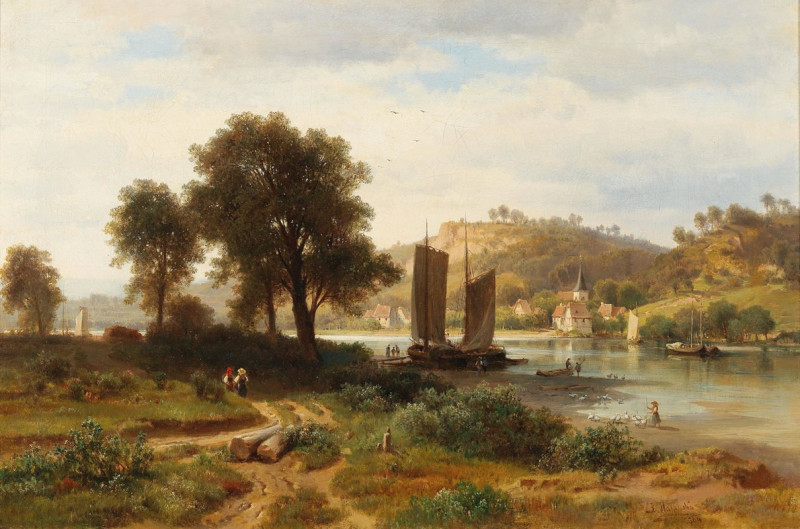
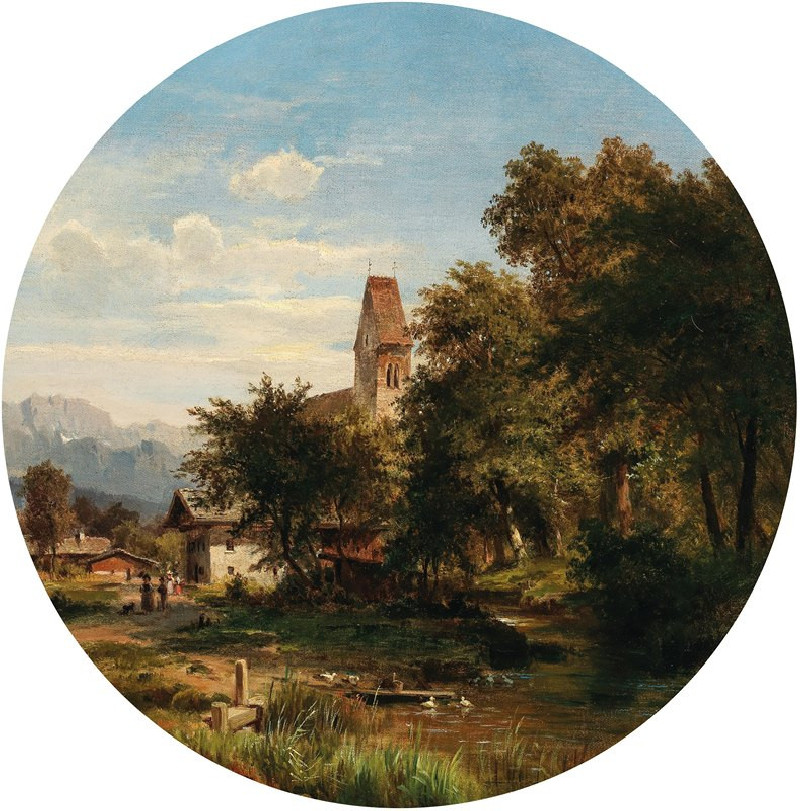
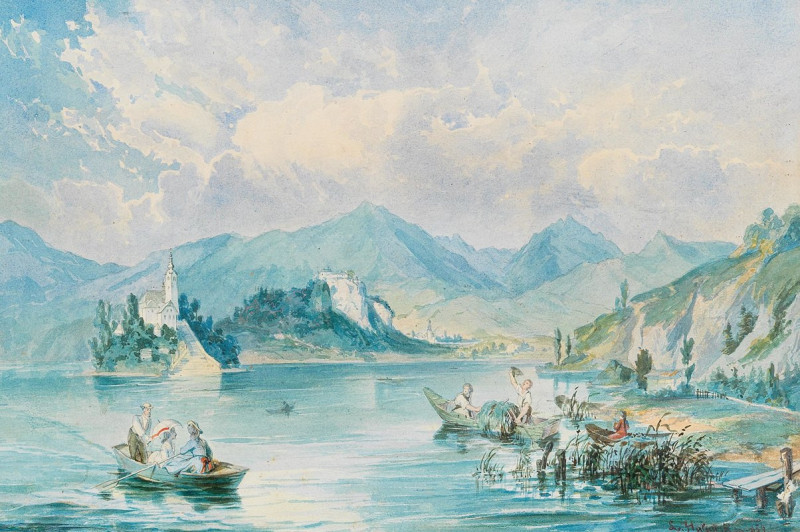
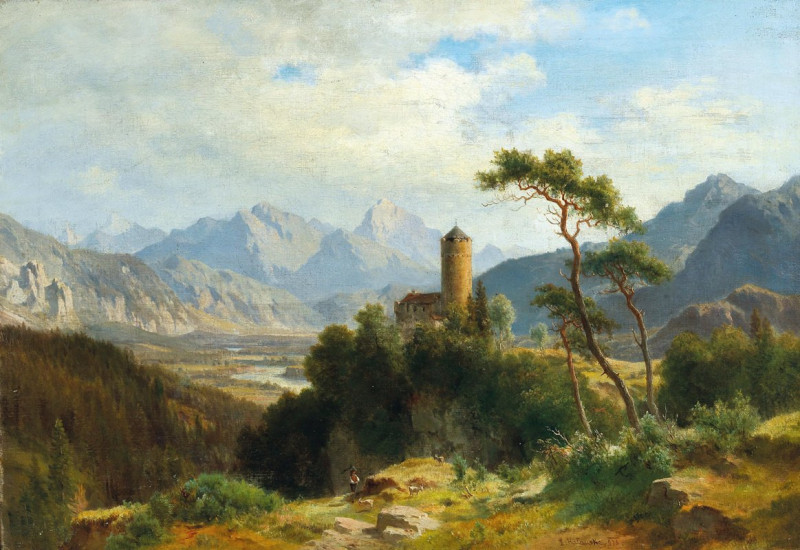
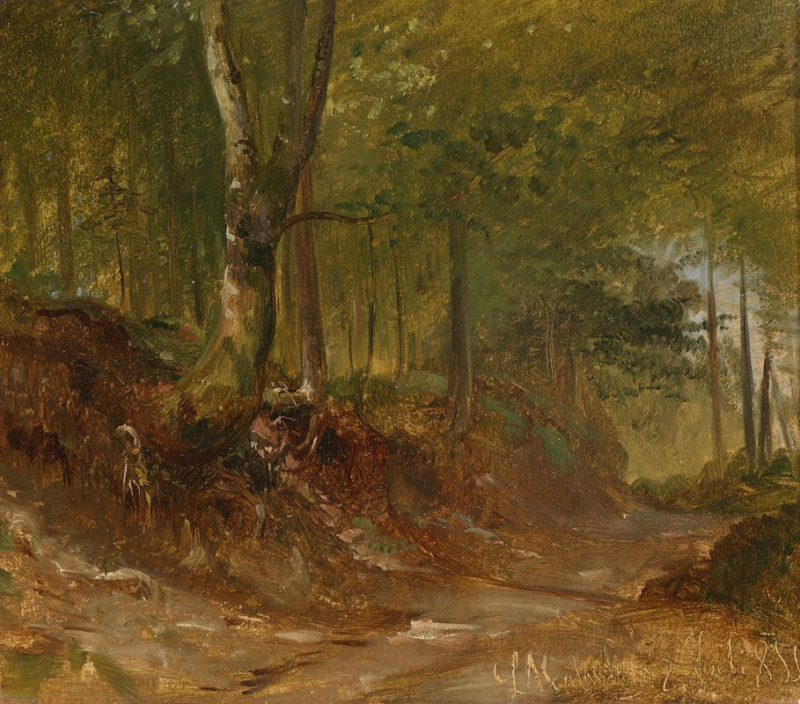
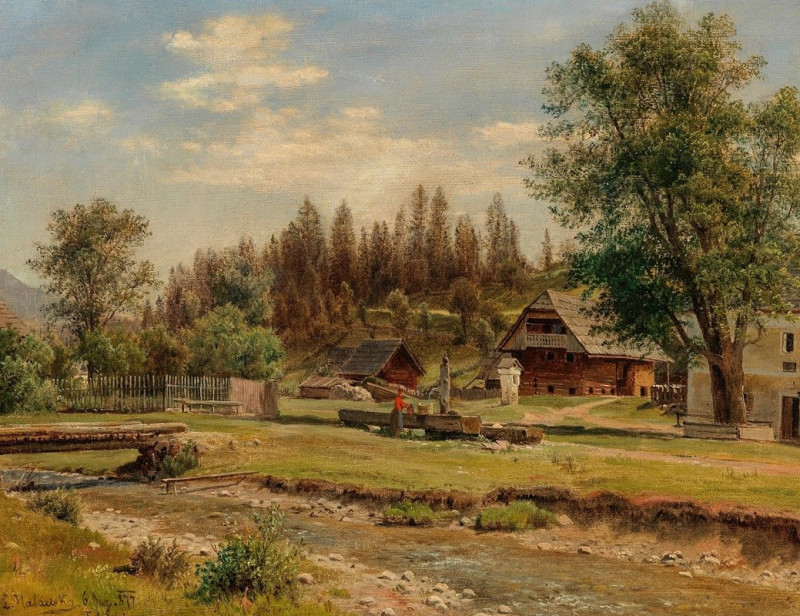
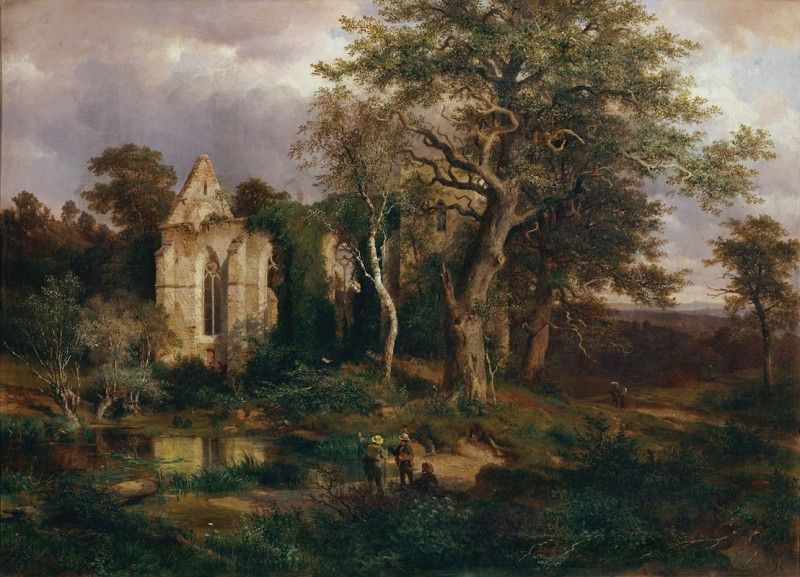
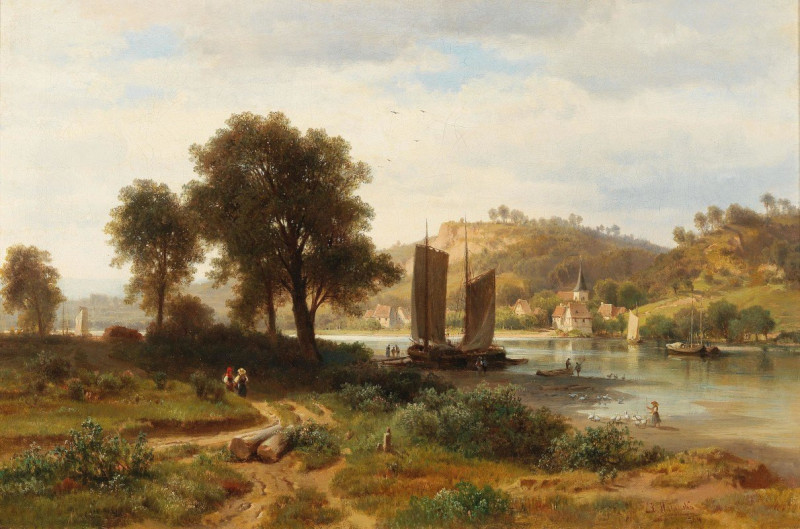
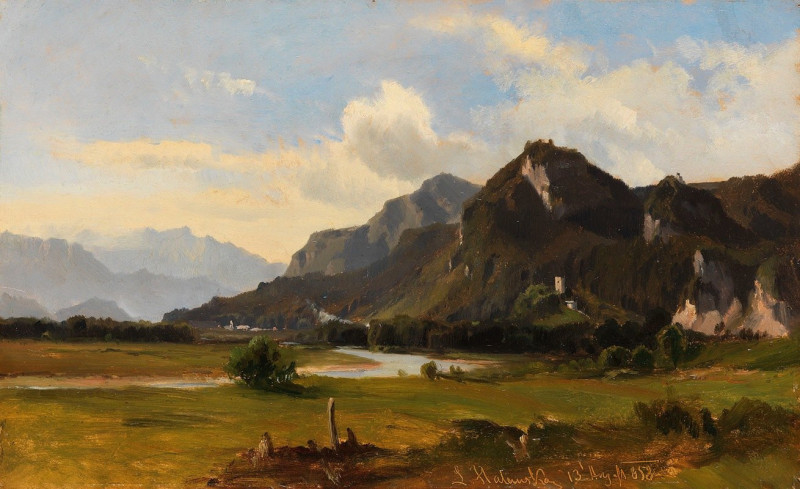
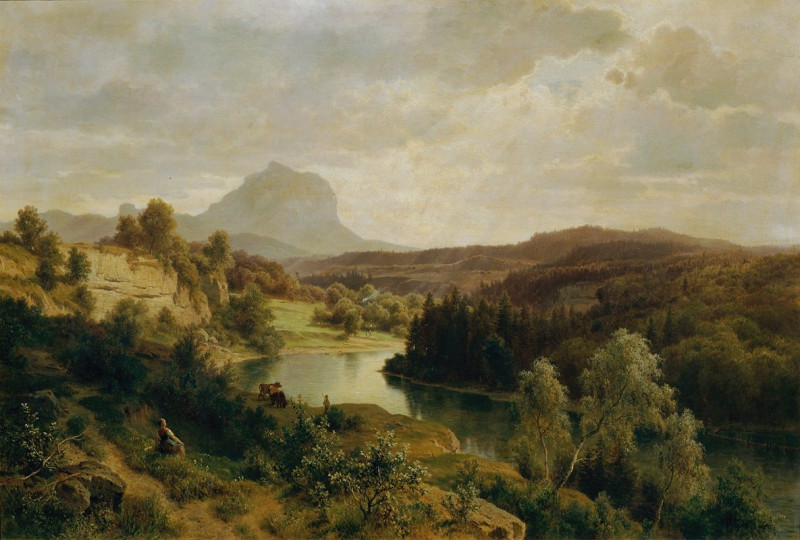
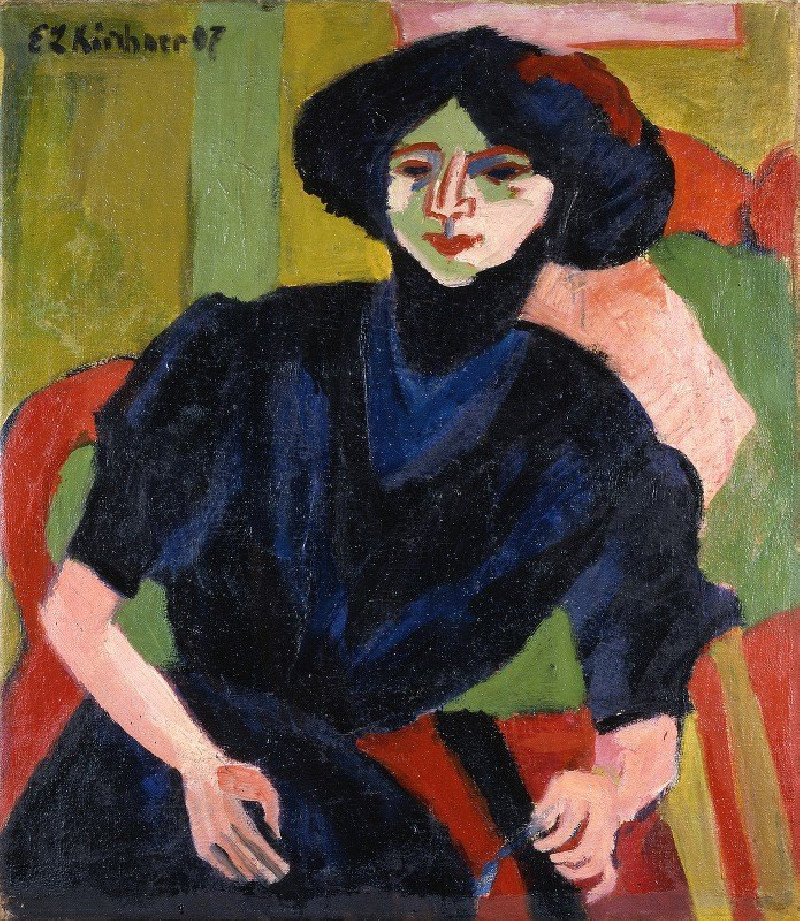
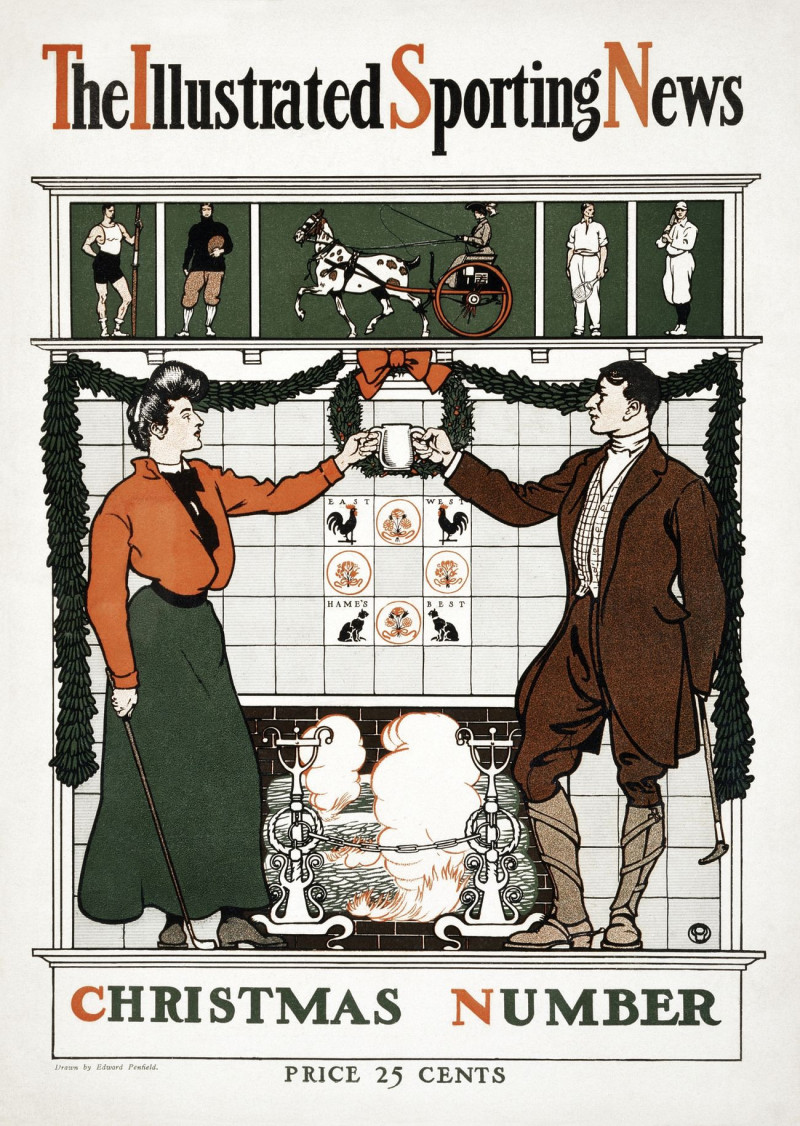
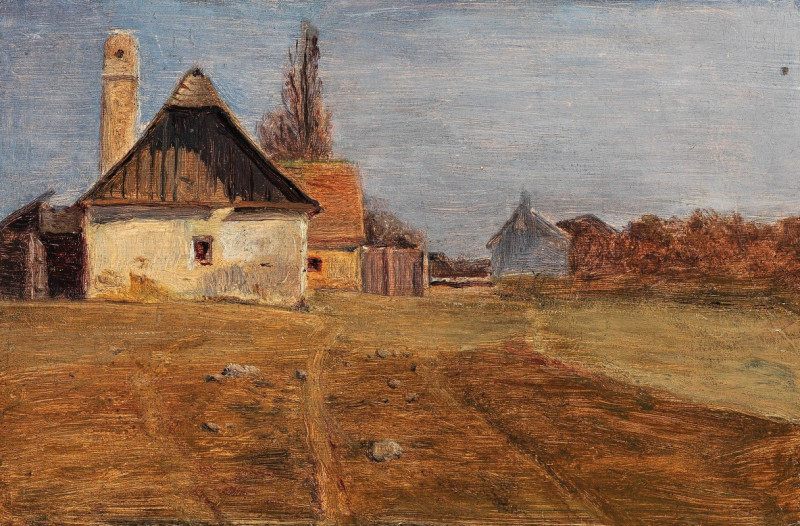
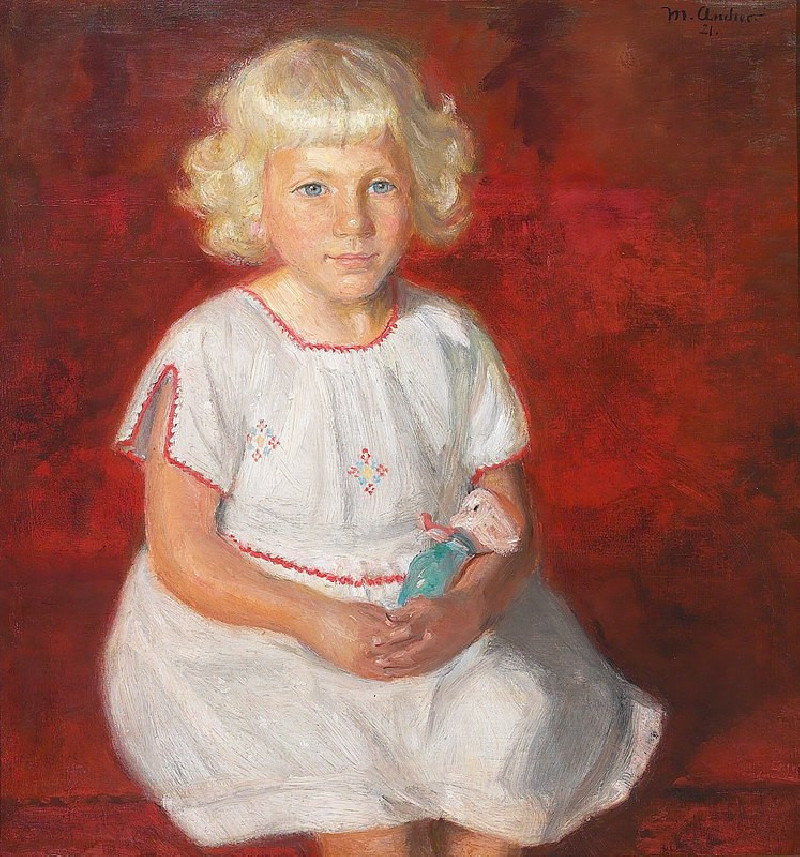
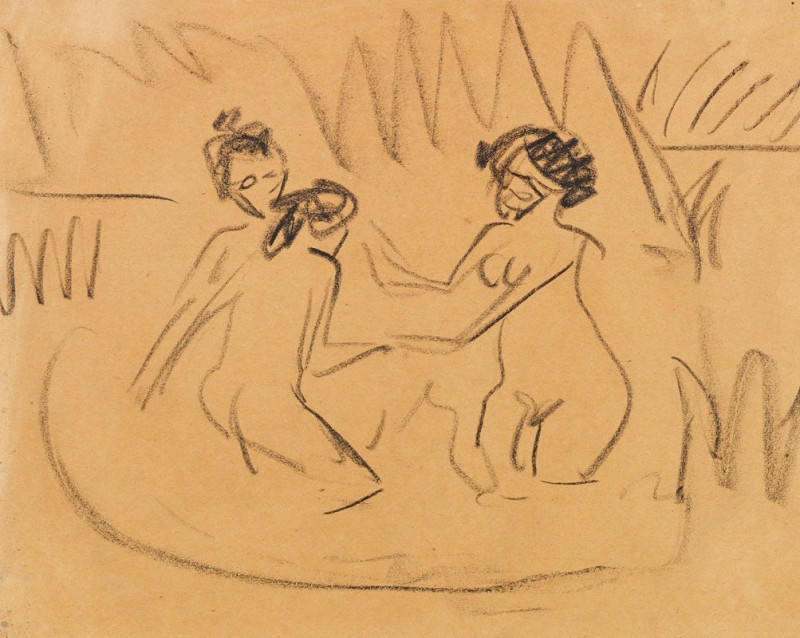
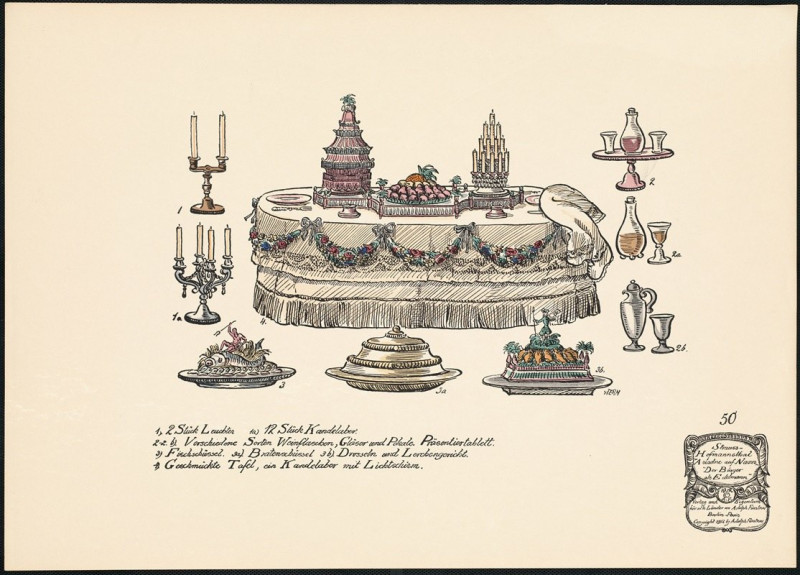
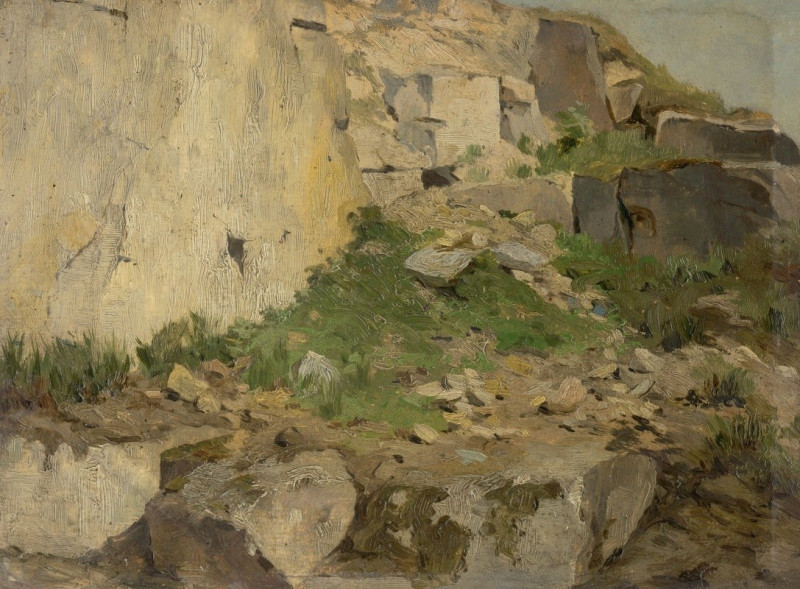
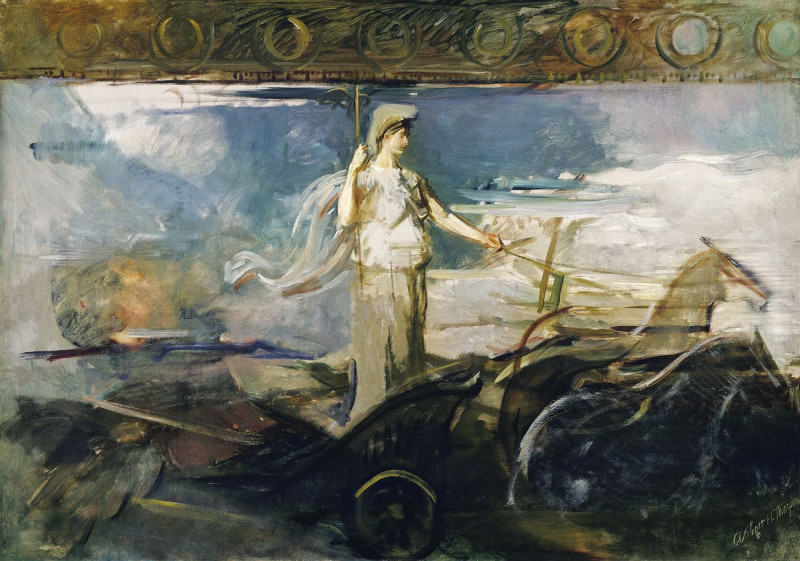
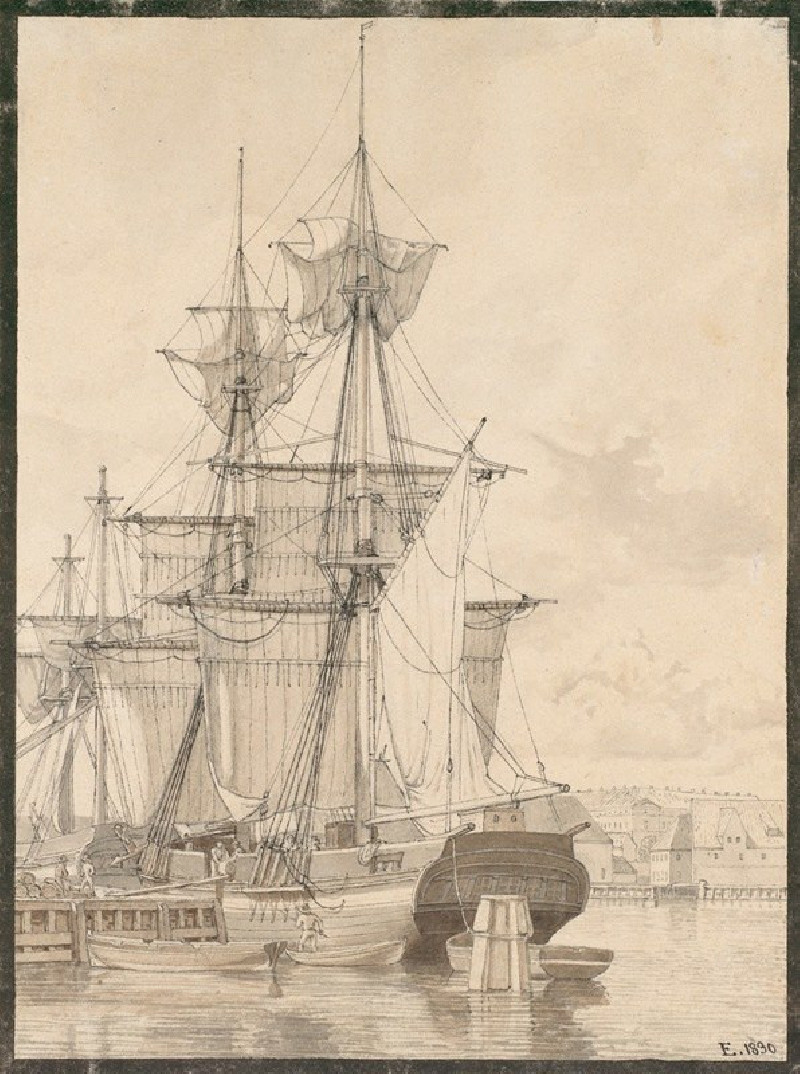
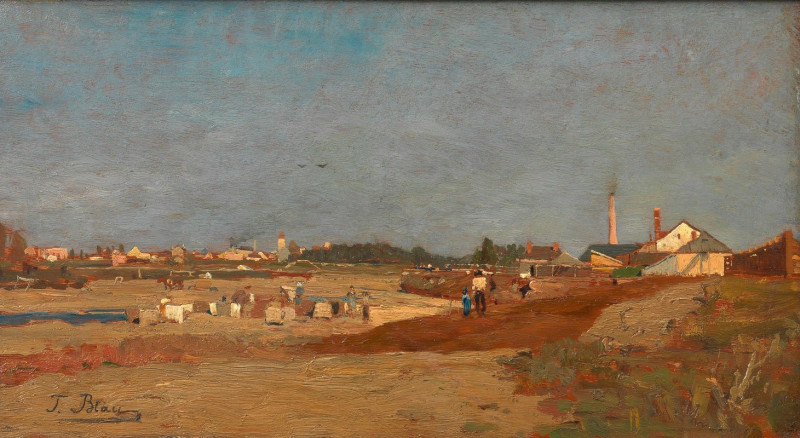
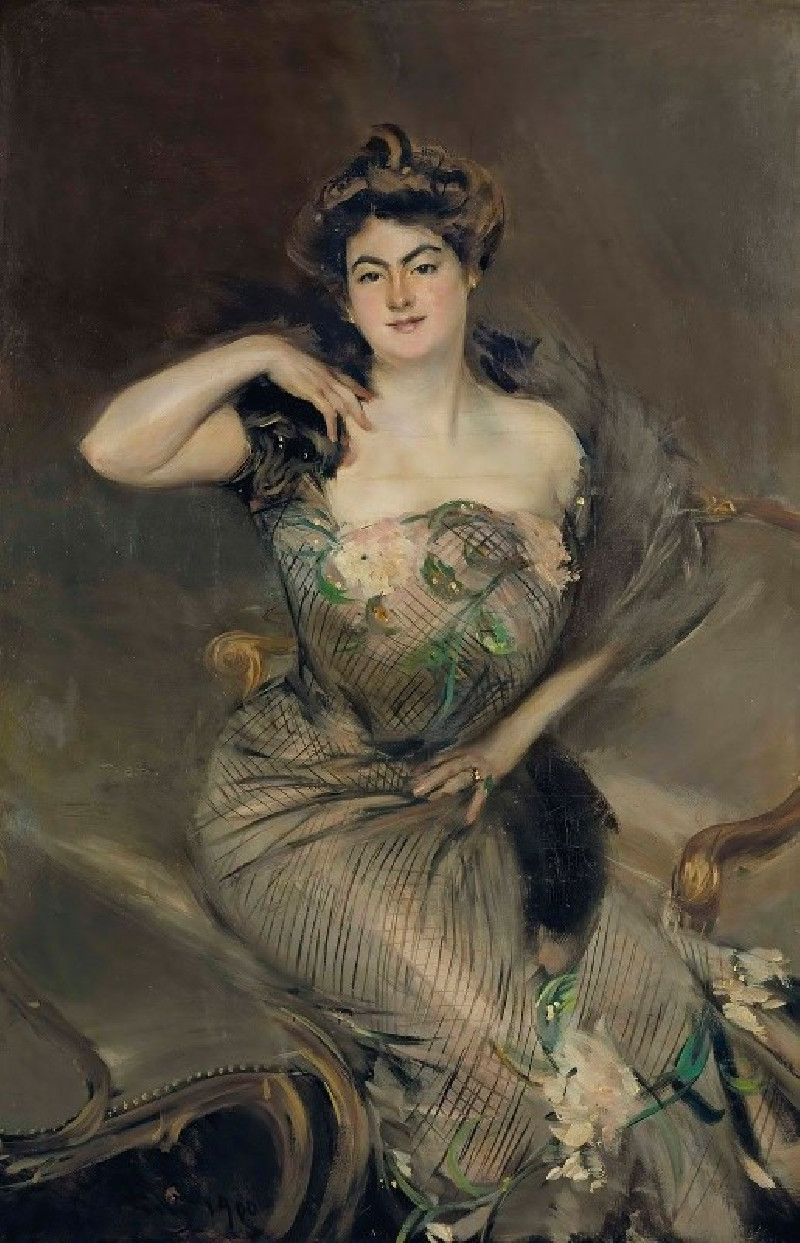
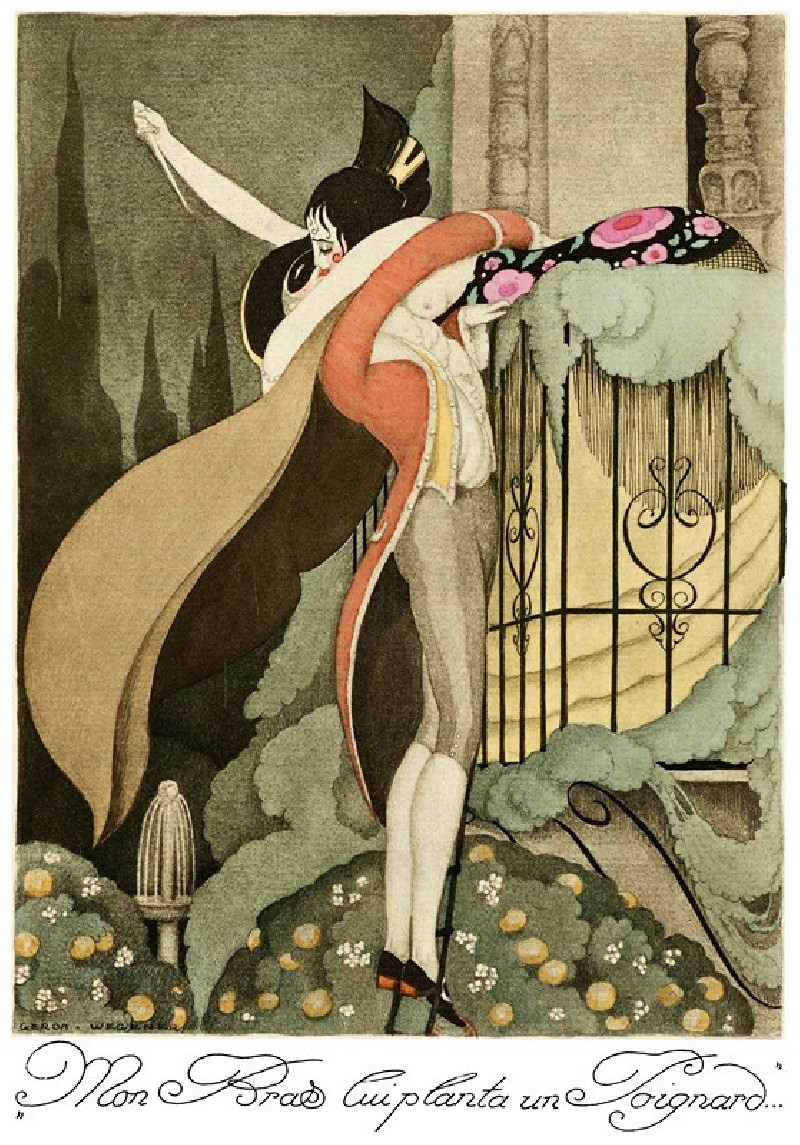
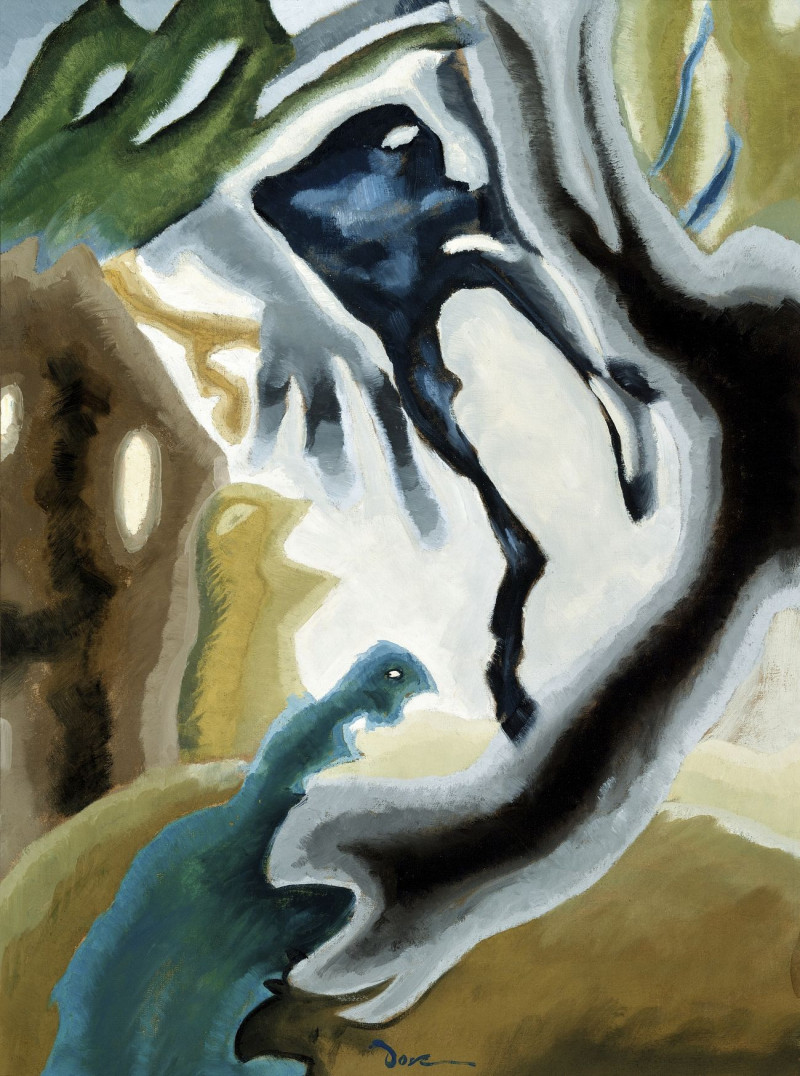
![New Oxford Street, [London] reproduction of painting by Joseph Pennell. ALL GICLEE PRINTS](https://reprodukcijos.lt/32752-large_default/reproduction-of-new-oxford-street-london.jpg)
